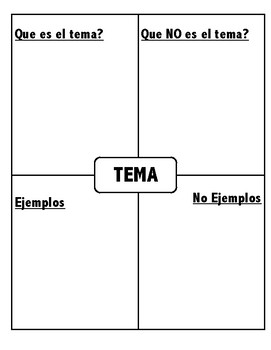

At Marburg, he was influenced by the neo-Kantianism of Hermann Cohen and Paul Natorp, among others. From 1905 to 1907, he continued his studies in Germany at Leipzig, Nuremberg, Cologne, Berlin and, above all Marburg. He attended the University of Deusto, Bilbao (1897–98) and the Faculty of Philosophy and Letters at the Central University of Madrid (now Complutense University of Madrid) (1898–1904), receiving a doctorate in Philosophy. Stanislaus Kostka College, Málaga, Málaga (1891–1897). Ortega was first schooled by the Jesuit priests of St. The liberal tradition and journalistic engagement of his family had a profound influence in Ortega y Gasset's activism in politics.

The family was definitively of Spain's end-of-the-century liberal and educated bourgeoisie. His father was director of the newspaper El Imparcial, which belonged to the family of his mother, Dolores Gasset.

This communication pretends to call for the need to organize scientific writing courses that may fulfill this great void, which may improve the number of worthy local publications in world literature.José Ortega y Gasset was born in Madrid. This could explain the abuse of neologisms, and the lack of interest of researchers and teachers to look for the most appropriate term for the concept being expressed. Consequently, health personnel read more articles in English than in Spanish. Ntor or research group pressure to communicate their results.Įnglish biomedical literature surpasses greatly the Spanish written scientific literature. Neither the university curricula nor the working place offered any type of scientific writing basic skill course those who had published have had the benefit of a me The results are overwhelming since they show the great lack of knowledge -and the misuse- of Spanish grammar and spelling rules by Colombian health professionals. Two people (3%) had 5 publications (articles, book chapters, brochures, editorial coordinators of books) 3 (5%), 4 publications 7 (11%), 3 publications 13 (20%), 2 publications 9 (14%), one publication, and 30 (47%) had never published. Attendant university degrees were: 42 physicians, 11 laboratory clinicians, 4 biologists, 2 microbiologists, 2 chemistry and biology teachers, and 1 nurse, 1 sociologist y 1 dietitian 37 had completed postgraduate training and 14 were currently registered 64 health professional, 20 males and 44 females, took the seminar. The 40-hour seminar was taught in three research institutions to foster their original publications and in two postgraduate programs in epidemiology. The purpose was to detect weak areas of general language use to be reinforced during the workshop. Participants in continuous education scientific writing workshops took a baseline test at the beginning of the seminar with 79 questions (36 for spelling, 7 queísmo/dequeísmo examples, 18 phrases for punctuation, and 18 multiple choice sentences for grammar knowledge). To determine the knowledge and use of proper Spanish grammar and spelling skills of Colombian health professionals.


 0 kommentar(er)
0 kommentar(er)
